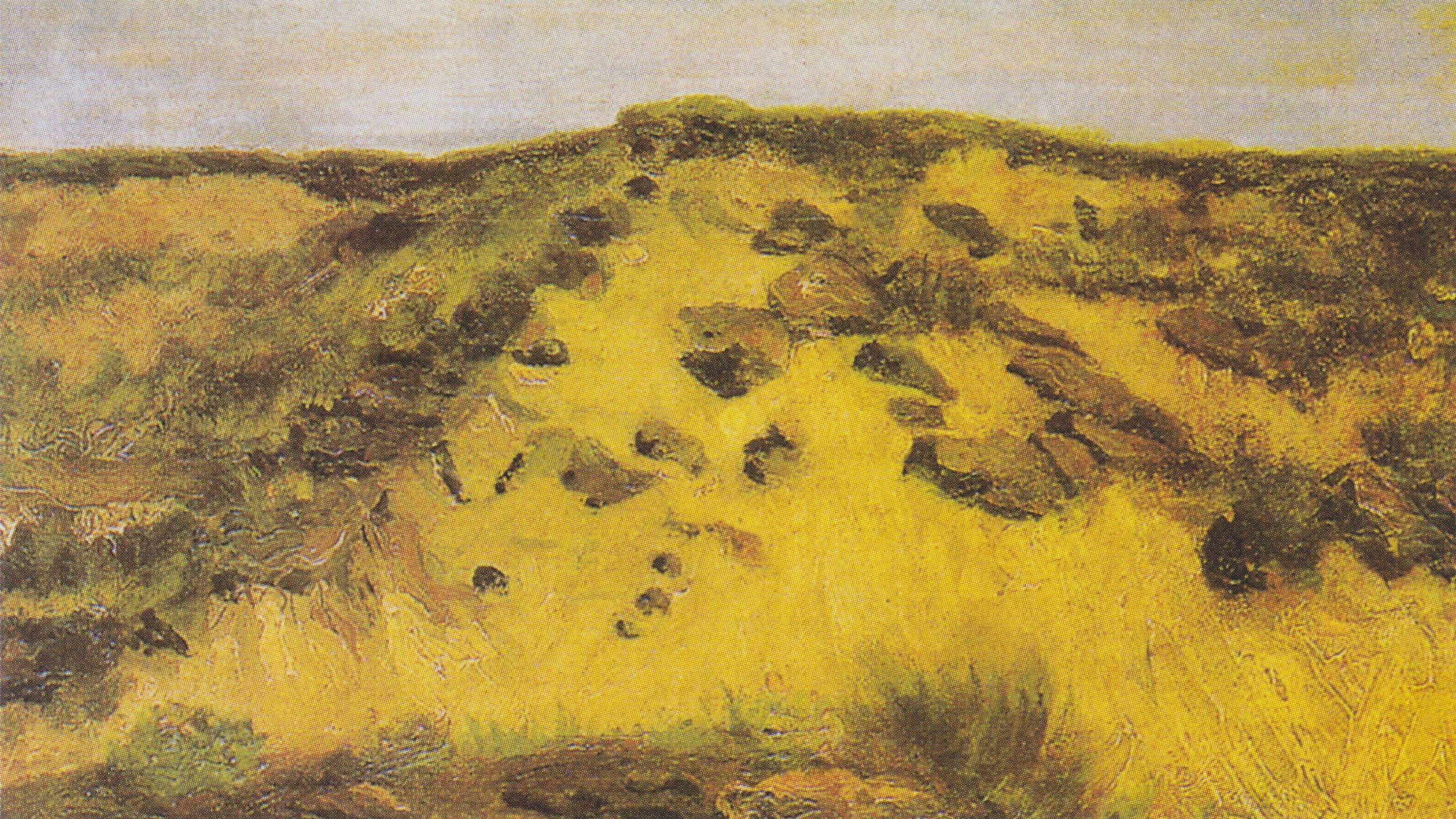His work
at The Hague-Drenthe
Vincent van Gogh's time in The Hague marked a significant period of his artistic development and personal growth. From 1881 to 1883, Van Gogh resided in this vibrant Dutch city, where he immersed himself in the art scene and embarked on a quest to refine his artistic skills. During his stay in The Hague, Van Gogh sought to break away from the dark and somber tones of his previous works and explore new artistic styles and techniques. He was drawn to the influence of the Hague School, a group of Dutch artists known for their realistic and atmospheric portrayals of landscapes and everyday life. Under the tutelage of his cousin, Anton Mauve, a prominent member of the Hague School, Van Gogh honed his skills in drawing and painting. Mauve's guidance and mentorship had a profound impact on Van Gogh, shaping his approach to color, composition, and capturing the essence of nature. Inspired by the coastal landscapes and the working-class neighborhoods of The Hague, Van Gogh produced a series of paintings depicting scenes of everyday life. He delved into subjects such as fishermen, street scenes, and domestic interiors, capturing the ordinary with a touch of his own unique style. Although Van Gogh's time in The Hague was marked by personal struggles and setbacks, including strained relationships and financial difficulties, it was a period of intense artistic exploration and growth. He experimented with various techniques, such as using bold brushstrokes and vibrant colors to infuse his works with energy and emotion. The artistic environment of The Hague provided Van Gogh with valuable exposure to different artistic styles and perspectives. He interacted with fellow artists, attended exhibitions, and immersed himself in the vibrant art scene of the city. This exposure broadened his artistic horizons and fueled his desire to forge his own path as an artist. Van Gogh's time in The Hague laid the foundation for his future artistic endeavors. It was here that he began to develop the distinct artistic voice that would later captivate the world. His experiences in The Hague influenced his artistic choices and set the stage for the revolutionary works he would create in the years to come. Today, Van Gogh's time in The Hague is recognized as a transformative period in his artistic journey. The works he produced during this time serve as a testament to his evolving style and his relentless pursuit of artistic expression. The Hague remains an essential part of Van Gogh's artistic legacy, forever associated with the growth and development of one of the most influential artists in history.








